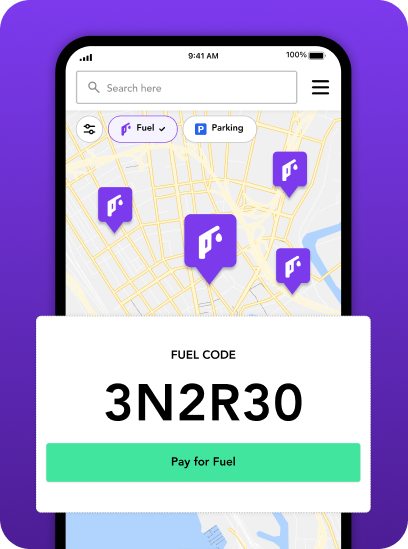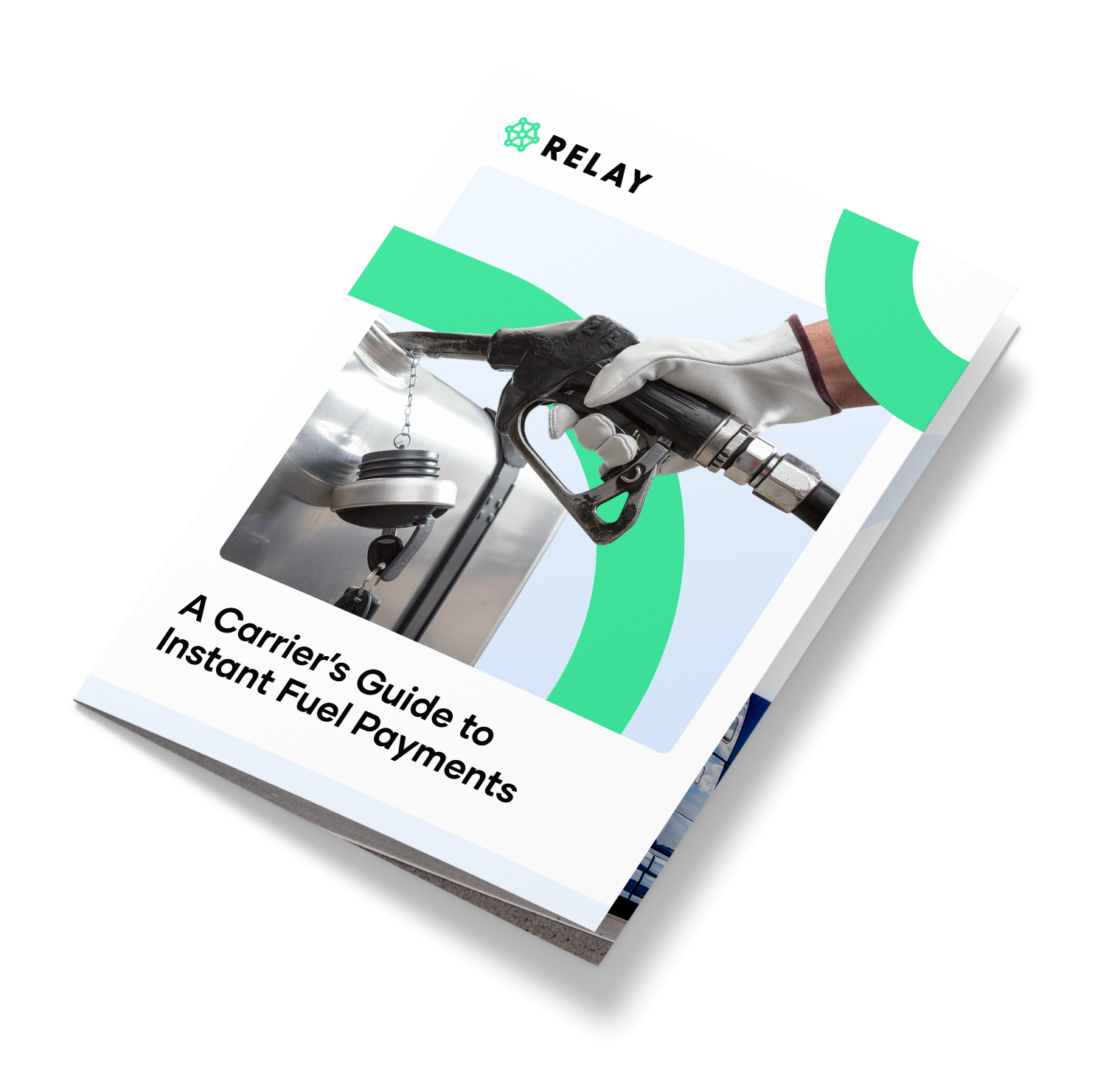
Opportunity overview
The US trucking and logistics industry represents more than $740 billion in annual revenue, with local freight transport making up nearly $92 billion. Despite shifting pressures on the industry and economic challenges for companies and consumers alike, those revenue figures rise year after year, underscoring the industry’s place at the core of the American economy.
Amid strong industry figures, freight as a business is facing important challenges as shippers, carriers, and brokers aim to keep up with demand. Some issues are familiar, like the fluctuating cost of fuel or seasonal disruptions to supply chains, but others have been more difficult to predict, from pandemic recovery to geopolitical tensions.
All of it points to the need for freight companies to instill greater agility across operations so they can adapt to whatever comes. Modern technologies are making it easier than ever to do precisely that, helping freight brokers and carriers improve flexibility and efficiency in everything from scheduling to payments.

Facing evolving challenges
This decade so far has proven to be one of the most challenging for a number of industries, including freight and logistics. Frequent and unpredictable changes in the economy are having both immediate and lasting effects, impacting everything from pricing services to ensuring supply. Sustained elevated inflation has squeezed margins since the start of pandemic recovery, leaving freight brokers and carriers struggling to scale operations to meet increasing demand.
The economic volatility the industry is growing accustomed to places significant strain on companies’ operational resilience. Fluctuations in fuel prices, for instance, directly impact transportation costs. In fact, expenses are up across the board, from maintenance and equipment to labor costs. The persistent driver shortage plaguing the sector not only places additional demand on revenue but further constrains the industry’s capacity to meet consumer needs.
Reliability remains the most often cited reason for choosing a specific company in trucking, even over price. This means relationships are key to retaining customers and ensuring growth. Technology is helping freight brokers streamline and expedite processes, which in turn helps improve relationships with carriers and drivers. Particularly amid the staffing shortage, it’s critical for brokers to build reputations that attract reliable partners.

Challenges facing the freight industry
How brokers can build carrier and driver loyalty
Tech as competitive edge in transportation
Leveraging digital solutions
Technology plays a pivotal role in enabling freight brokers and carriers to navigate modern challenges while boosting efficiency and building trust with customers. From streamlined logistics management to enhanced communications, digital innovations are reshaping the industry’s operational dynamics.
Advanced software and transportation management systems (TMS) offer real-time visibility into shipment tracking, route planning, and load optimization, helping brokers and carriers maximize efficiency and minimize costly delays. Automated systems also facilitate more seamless coordination between various stakeholders, reducing administrative burdens and streamlining workflows, which can be especially beneficial for new or smaller operations.
But digital tools aren’t just making days easier for office staff. Mobile apps help drivers optimize routes, find parking, compare fuel prices, and much more. More than 350,000 drivers and carriers use Relay’s digital payments to pay for and manage fuel, unloading and other over-the-road expenses.
Technology is also helping foster trust and transparency with customers and partners. Digital platforms provide greater visibility into shipments, offering real-time updates and insights into delivery status and estimated arrival times. This kind of transparency builds confidence and strengthens relationships, as shippers are better informed and consumers feel engaged throughout the process.

3 ways brokers are benefiting from digital payments
How digital payments help carriers control costs
The lesser known benefits of a fuel payments app
Rethinking freight payments
The trend toward increased digitization of the freight industry is introducing new, efficient solutions to slower, established processes – particularly freight payments to carriers. For decades brokers have had limited options for issuing freight payments, essentially either sticking to lengthy payment terms such as a standard 30 days, or offering to expedite payments to carriers for an additional fee. With today’s economic uncertainty and industry pressures, these options fall short of meeting carriers’ needs.
But digital solutions are introducing alternatives that help brokers expedite freight payments and improve cash flow for them and their partners. RelayDirect debuted in 2023 to let brokers automate carrier and factor payments, offer flexible payment terms, and reduce administrative burdens. Brokers are able to integrate the solution into their existing workflow to easily streamline payments and generate additional revenue streams, while carriers can count on faster, secure payment and greater cash flow on their end.
“Prior to RelayDirect, the payment process for our carriers and factors was dated and outgrown due to our rapid growth, and had become a cumbersome and time-intensive process for our accounting team,” said Nicholas Reasoner, CEO of TransLoop and a RelayDirect customer. “By automating our payment workflow, we now have greater transparency over projected cash flow and improved our carrier experience, which enhances our customer service and leads to repeat business.”
The RelayDirect program is one recent example of how technology serves as a catalyst for innovation and progress within the freight industry, enabling greater efficiency across operations and fostering better relationships through enhanced visibility, communication, and reliability. Embracing these technological advancements will be essential for freight companies seeking to stay competitive and resilient in today’s ever-evolving business environment.

RelayDirect empowers brokers to automate freight payments
5 reasons digital payments are better than traditional methods
The tech delivering process improvement for LTL shipments
Save money using Relay for your fuel payments.
Whether using your negotiated merchant discounts or signing up for the Relay Clutch Program, you'll save money by eliminating fuel fraud through Relay's digital payments.

